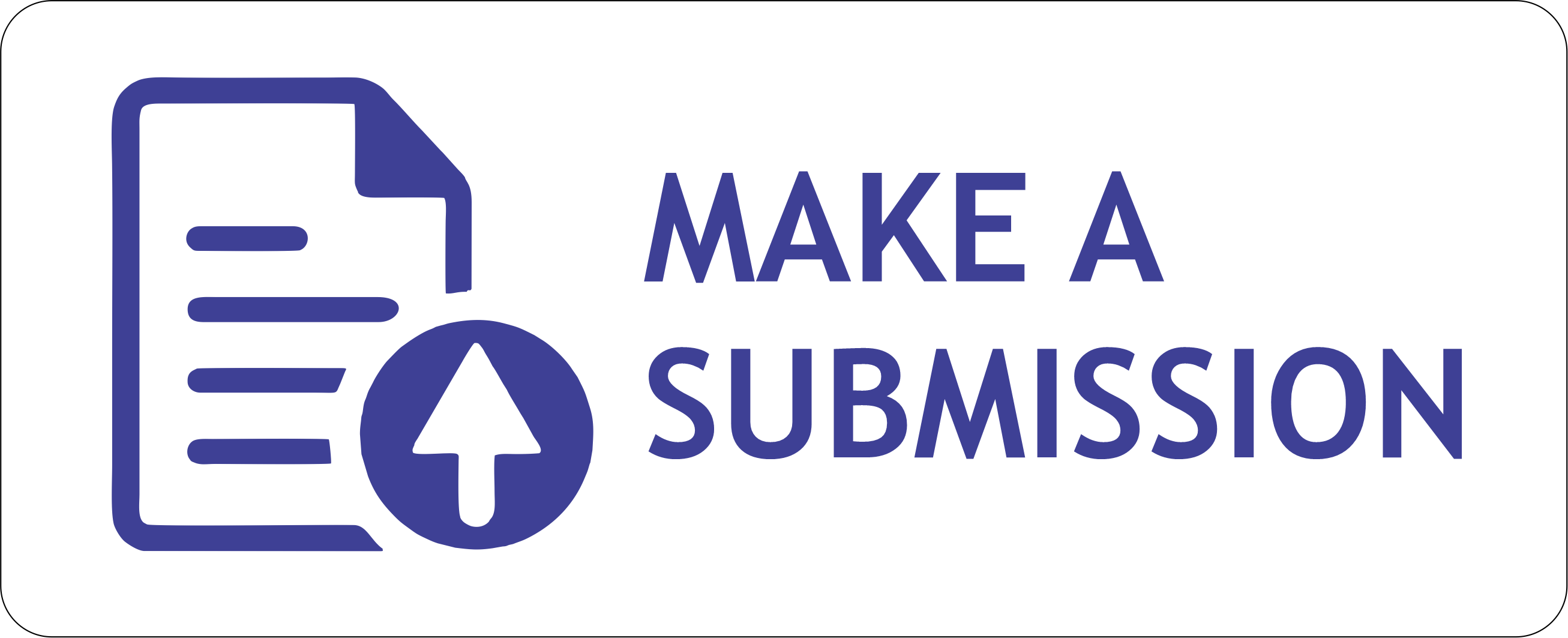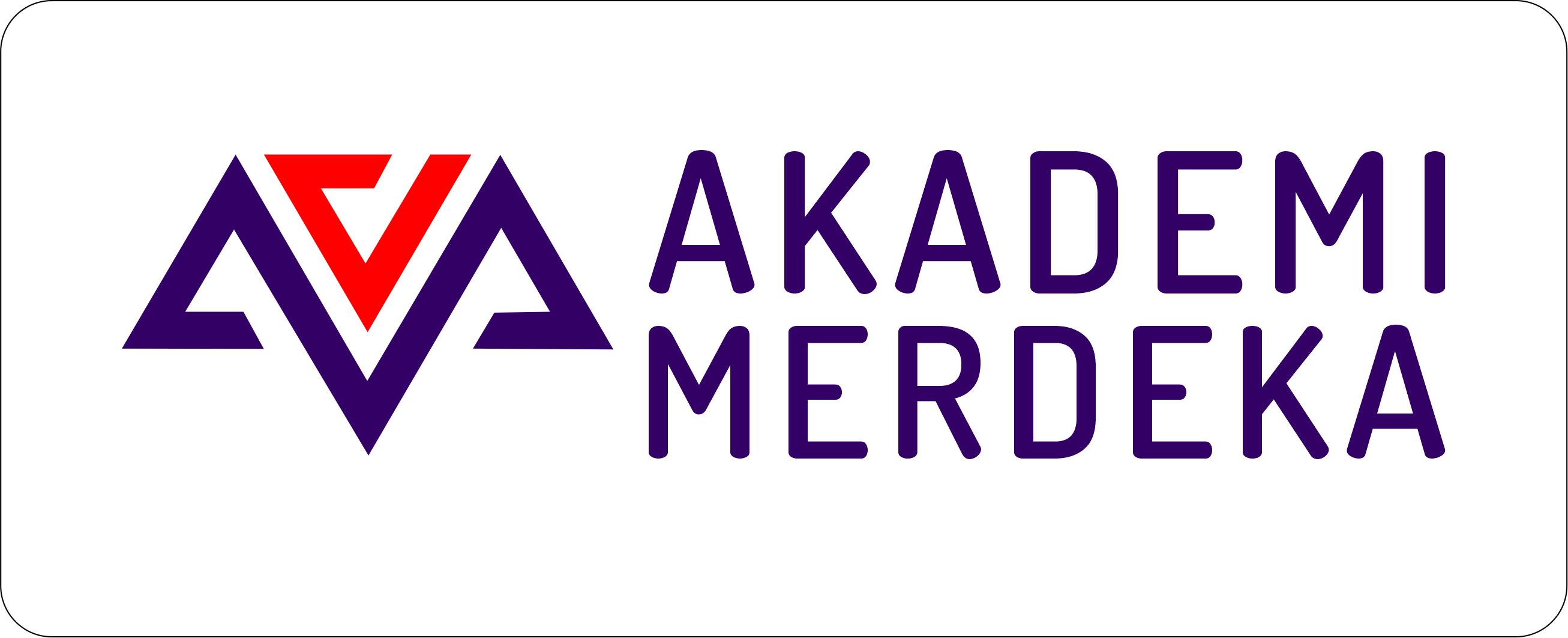The Effectiveness of Rosetta Stone App on EFL Learners Listening Comprehension on the Student of Sman 5 Cirebon
DOI:
https://doi.org/10.70152/matcha.v1i1.133Keywords:
CALL and MALL, EFL Learners, Listening Comprehension, Rosetta StoneArticle Metrics
Abstract
This study investigates the impact of the Rosetta Stone application on enhancing listening comprehension among eleventh-grade students at SMAN 5 Cirebon, Indonesia. English proficiency is essential in Indonesia, yet many students struggle, particularly with listening skills. The research employed a quasi-experimental design, featuring pre-tests and post-tests to assess the effectiveness of the Rosetta Stone app compared to traditional teaching methods. The results indicated a significant improvement in the experimental group, which used Rosetta Stone, with average post-test scores increasing from 63.00 to 81.00. In contrast, the control group, which received conventional instruction, improved from 60.00 to 73.00. This demonstrates that the app effectively enhances students’ listening comprehension abilities. Additionally, a questionnaire revealed that student motivation to use the Rosetta Stone app was primarily driven by its engaging features and interactive video content. A majority of students expressed that these aspects significantly contributed to their learning experience. The findings suggest that integrating technology, such as the Rosetta Stone application, can lead to improved English listening skills, offering a more dynamic and effective approach to language learning. This study highlights the potential of innovative teaching methods and technological tools in fostering better language acquisition, providing valuable insights for educators aiming to enhance English proficiency in students. Overall, the Rosetta Stone app proves to be a beneficial resource in addressing the challenges of English language learning, particularly in listening comprehension.
References
Chaniago, A. F., & Rahman HZ, B. I. (2024). English speaking skill through Rosetta Stone application at junior high school: Students' voices. Didaktika: Jurnal Kependidikan, 13(2).
Jon, R. B., Embong, A. H., Purnama, M. N. A., & Wadi, A. T. (2021). The challenges of English language teaching in Indonesia. International Journal of English and Applied Linguistics, 1(3).
Kalsoom, T., Koç, S., Khamis, A., Shakir, H., & Elmetwaly, H. (2024). Using technological-based models as digital tutors for enhancing reading and writing proficiency of foreign language undergraduates. Kurdish Studies, 12(1).
Namaziandost, E., Razmi, M. H., Hernández, R. M., Ocaña-Fernández, Y., & Khabir, M. (2021). An account of EFL learners' vocabulary learning in a mobile assisted language environment: The case of Rosetta Stone application. Computer-Assisted Language Learning Electronic Journal (CALL-EJ), 22(1), 80-110.
Nst, A. H., Daulay, S. H., & Dewi, U. (2023). Using Rosetta Stone application as a mobile assisted language learning (MALL) in EFL: Documentary study. SCOPE: Journal of English Language Teaching, 8(1).
Nur, R., & Annisa, R. (2021). Rosetta Stone CALL software as a vocabulary teaching media at Indonesian high schools. International Journal of Linguistics, Literature and Translation, 4(2), 13-17.
Putri Lisda Risa, & Hadi, M. S. (2023). Teaching speaking skills using Rosetta Stone app for junior high school students. Pendas: Jurnal Ilmiah Pendidikan Dasar, 8.
Putri, N. C., & Handayani, S. (2020). The use of Rosetta Stone software in speaking class. English Research Journal: Journal of Education, Language, Literature, Arts and Culture, 4(1).
Syukur, B. A., & Prasetyo, B. (2024). The analysis of student's difficulties in comprehending macro and micro skills of listening. Journal of English Language Teaching and Applied Linguistics, 10(1), 1-13.
Yuliani, S., Khulaifiyah, K., & Idayani, A. (2023). Investigating students' motivation on the use of Rosetta Stone in learning English pronunciation.
Yuliani, S., Khulaifiyah, K., & Idayani, A. (2024). The impact of Rosetta Stone on students' pronunciation for English subject.
Downloads
Published
How to Cite
Issue
Section
License
Copyright (c) 2025 Vica Via Vanesa

This work is licensed under a Creative Commons Attribution-ShareAlike 4.0 International License.
Copyright for this article is held by the authors under the Creative Commons Attribution-ShareAlike 4.0 International (CC BY-SA 4.0). The article may be used, shared, and adapted for any purpose with proper attribution and distribution under the same license. Full license details: https://creativecommons.org/licenses/by-sa/4.0/








